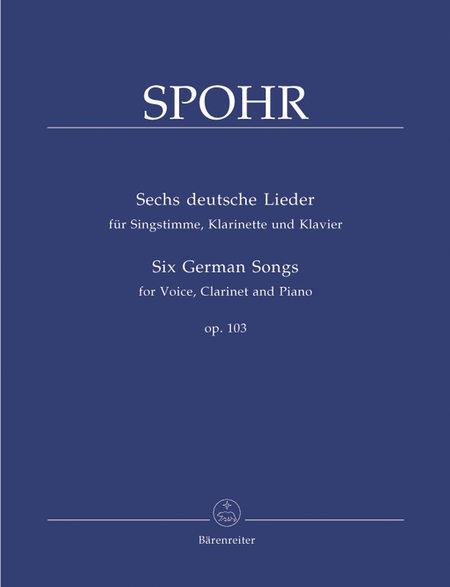Carl Busch (1862 - 1943)
 Danemark
Danemark
Carl Busch (29 March 1862, Bjerre – 19 December 1943, Kansas City) was a Danish-born American composer and music teacher sometimes associated with the Indianist movement. He was an important figure in the musical life of Kansas City, Missouri for m ... (Read all)
Source : Wikipedia
 Danemark
DanemarkCarl Busch (29 March 1862, Bjerre – 19 December 1943, Kansas City) was a Danish-born American composer and music teacher sometimes associated with the Indianist movement. He was an important figure in the musical life of Kansas City, Missouri for m ... (Read all)
Source : Wikipedia
ROMANTIC Free sheet music of Carl Busch - B
1 sheets found sorted by:
Search #Romantic
| |||||







